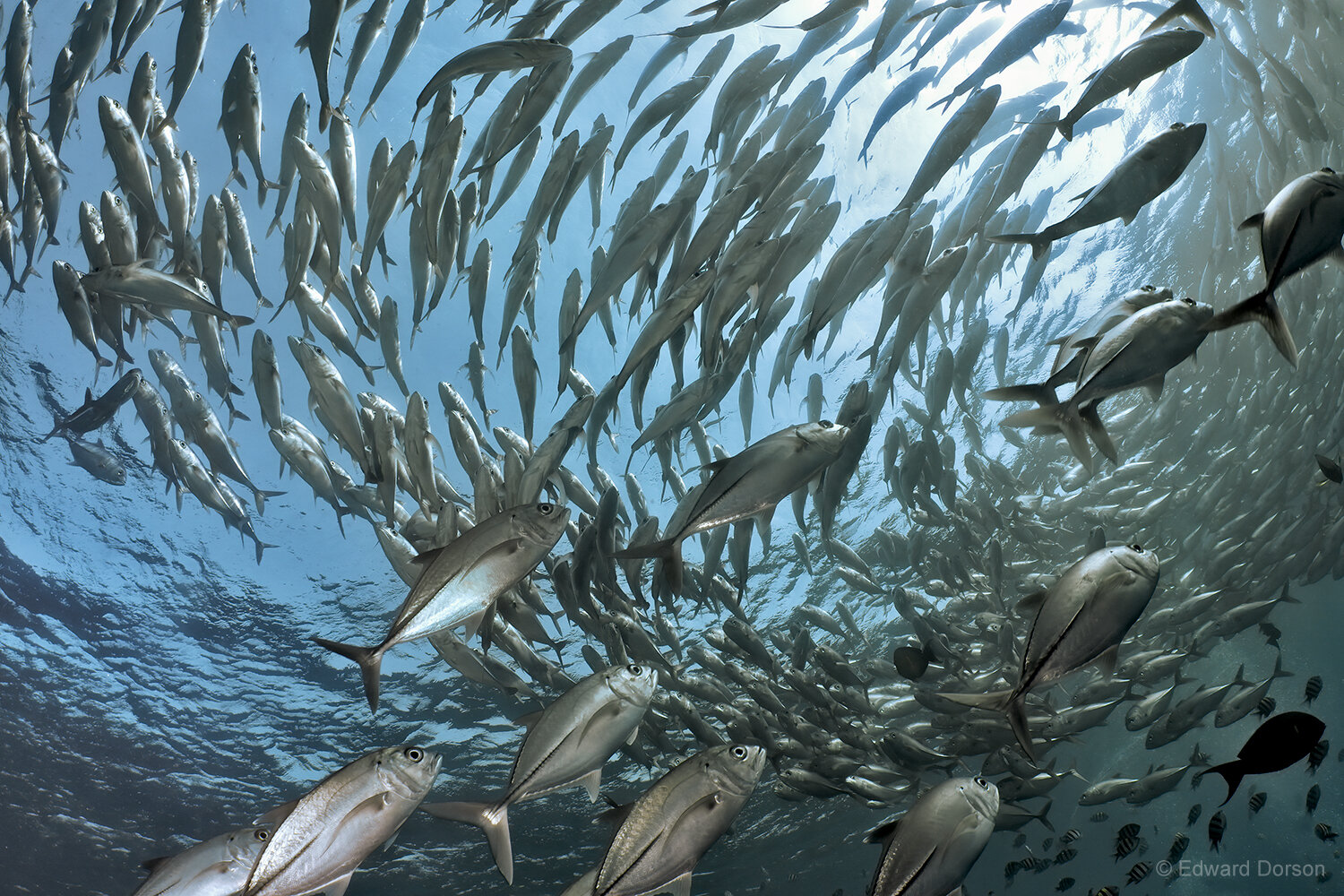A Victorious Veto in Palau
Palau's President Toribiong was compelled to veto Senate Bill No. 8-50, despite its introduction by his brother in Palau's Senate. Killing this bill was, in fact, the most important victory toward establishing a true working sanctuary for Palau's waters.
Although Palau's shark sanctuary designation removed Senate Bill No. 8-44's legalized shark finning, SB No. 8-50 was stealthily passed in Palau's Congress shortly thereafter. As law, SB No. 8-50 would have denied Palauans from receiving fish catch export tax along with assigning General Santos City in the Philippines as Palau's transshipment port.
Without tax revenue incentive and with catches bypassing Palau's home port in Malakal Harbor, all Palauan regulatory oversight would have been removed – allowing the taking of endangered species, overshoot of catch quotas and rampant shark fishing & finning.
SB No. 8-50 never shared the global attention received by SB No. 8-44. Fishing concerns and compromised legislators played a shell game to portray the legalized finning sought by SB No. 8-44 as the sole threat to Palau's waters. With the passage of SB No. 8-50, Palauan fishing firms and their foreign counterparts anticipated unhampered exploitation with tunas, sharks and the live reef fish trade in Palau's EEZ.
In preparing a document ("Objection to Compact Review Claims") for dissemination to the U.S. and Palau Compact of Free Association review teams, I discovered that SB No. 8-50's brazen export tax exemption was its Achilles' heel – it presented a serious breach in Palau tax policy as declared to the U.S. Government Accountability Office (GAO) for its 2008 report to Congress, "Palauʼs Use of and Accountability for U.S. Assistance and Prospects for Economic Self-Sufficiency." The GAO assured U.S. Congressional committees that Palau's 2007 Tax Reform Task Force had promised the U.S. an increase in Palauan fish export tax rates.

